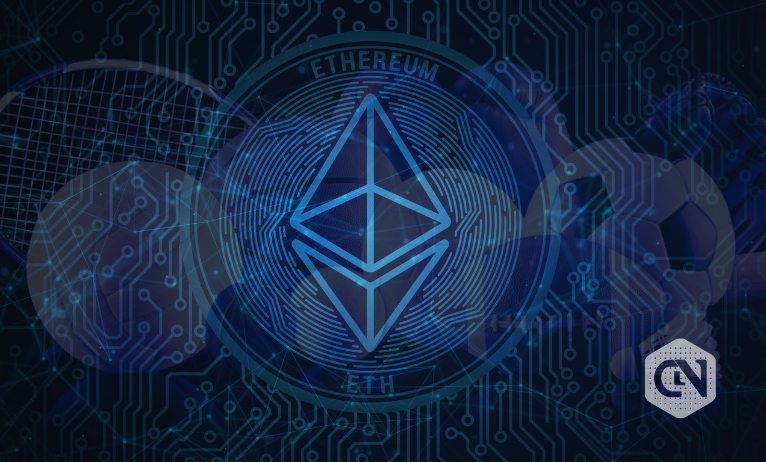Blockchain technology, a decentralized ledger system spread across multiple computers to record transactions securely, has transcended its origins in cryptocurrencies. Its applications now span various industries such as voting, supply chain management, identity verification, and medical records. By cutting out intermediaries, its transparent and immutable nature enhances data security, reduces fraud, and improves overall efficiency.
Ethereum as a Prominent Blockchain Platform
Ethereum stands out as a notable blockchain technology, enabling developers to create self-executing agreements and decentralized applications (dApps) through its smart contract functionality.
- Decentralization: Ethereum facilitates decentralized gaming, offering users complete control over their gaming experiences and ownership of in-game items without reliance on centralized entities.
- Interoperability: With its compatibility with other blockchain networks and currencies, Ethereum allows seamless integration of gaming experiences and assets across multiple platforms, enhancing player engagement and accessibility.
- NFTs: Ethereum’s support for non-fungible tokens (NFTs) fosters a thriving ecosystem of digital collectibles and in-game economies, enabling the creation and ownership of unique digital assets within games.
- Immutable Transactions: Ethereum’s ledger, which cannot be altered, promotes trust and security by ensuring transparent and unchangeable transactions for developers and players alike.
- Smart Contracts: Through the automation of in-game agreements and transactions, such as item sales and reward distribution, Ethereum’s smart contracts reduce the need for intermediaries and enhance operational efficiency.
The gaming industry stands to benefit significantly from Ethereum’s increasing prominence in the blockchain space, transforming ownership models, player experiences, and monetization strategies.
Ethereum Blockchain Applications in Sports and Esports
Blockchain-based Ethereum applications are reshaping the sports and esports sectors by introducing innovative solutions that enhance fan interaction, streamline processes, and create new revenue streams.
- Fan Tokens: Fan tokens empower fans with ownership and decision-making rights, fostering deeper engagement with sports teams. Examples include Socios, offering fans exclusive content and voting rights through token ownership.
- Digital Trading Cards and Collectibles (NFTs): Ethereum-based NFTs allow for the creation and trading of unique digital assets like player cards and collectibles, as seen in platforms like NBA Top Shot.
- Fan Loyalty and Engagement Platforms: Ethereum-based platforms enhance fan loyalty and engagement through innovative features like rewards, challenges, and interactive experiences, including sports betting functionalities.
- Blockchain-Based Ticketing Systems: Ethereum’s decentralized nature ensures transparency and security in ticketing systems, combating issues like scalping and fraud.
- Decentralized Esports Ecosystems: Ethereum facilitates the development of decentralized esports platforms, empowering players and fans with ownership and control over in-game assets and tournaments.
These applications showcase how Ethereum has the potential to revolutionize traditional sports and esports, offering a more engaging and inclusive spectator experience.
Conclusion
With innovations on the Ethereum blockchain reshaping the sports and esports sectors, decentralized solutions are enhancing fan interaction, digital asset ownership, and operational efficiency. Fans, teams, and organizers now have more avenues to engage, participate, and generate revenue thanks to Ethereum’s diverse applications, spanning from fan tokens and digital collectibles to decentralized ecosystems and transparent ticketing systems.
The sports and esports industries are on track to embrace increased transparency, inclusivity, and innovation by leveraging Ethereum’s capabilities, ultimately shaping the future of fan experiences and industry operations.
Image/Photo credit: source url





